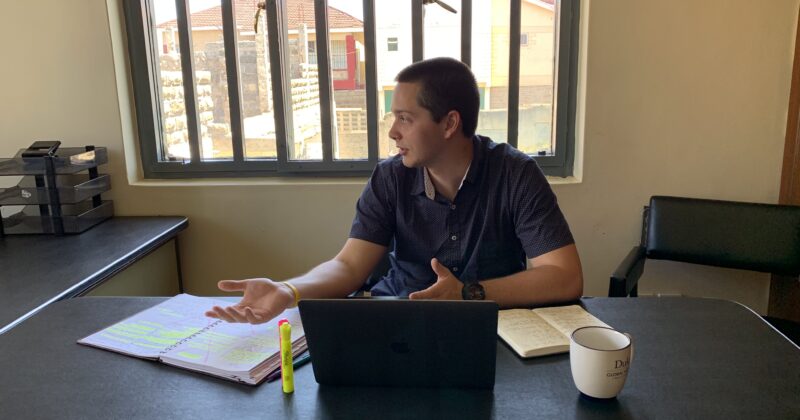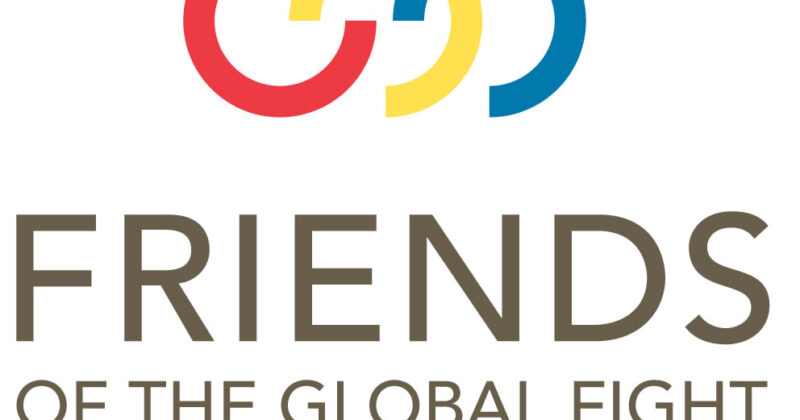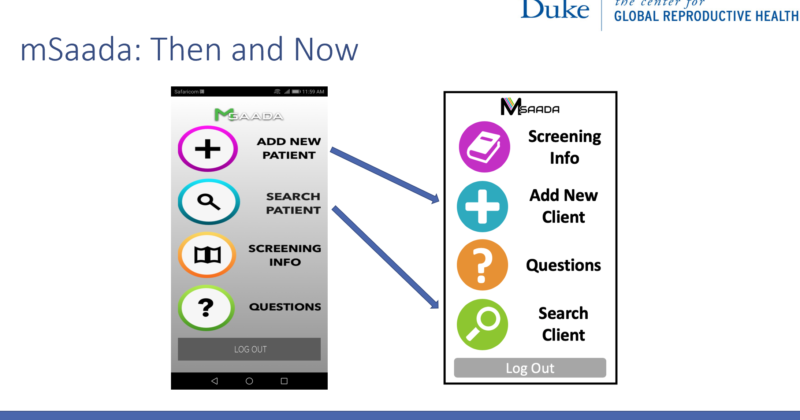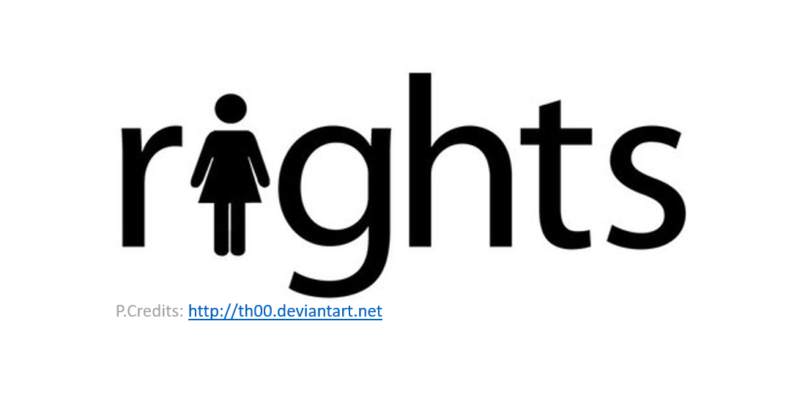
Returning to the Field
In March 2022, I was able to return to Kenya to resume my dissertation research. It was wonderful to be back after two years away and to see and work with Kenyan colleagues in person again. I spent part of the time conducting follow-up interviews with sexual and reproductive health NGOs in Kisumu and part of the time preparing to conduct a survey in Migori County later this year. My qualitative work began in February 2020 when I was last in Kenya. I met with several Kisumu-based sexual and reproductive health NGOs to learn about how the US’s global gag rule had impacted their operations, relationships with donors, and relationships with other NGOs. When the pandemic hit and Kenya experienced lockdowns, I along with my undergraduate research assistants Ema Kuczura and Sarah Hubner, conducted semi-structured interviews over zoom with roughly 35 NGOs to understand how they were responding to issues related to the COVID-19 pandemic, including increased demand for their services,...





